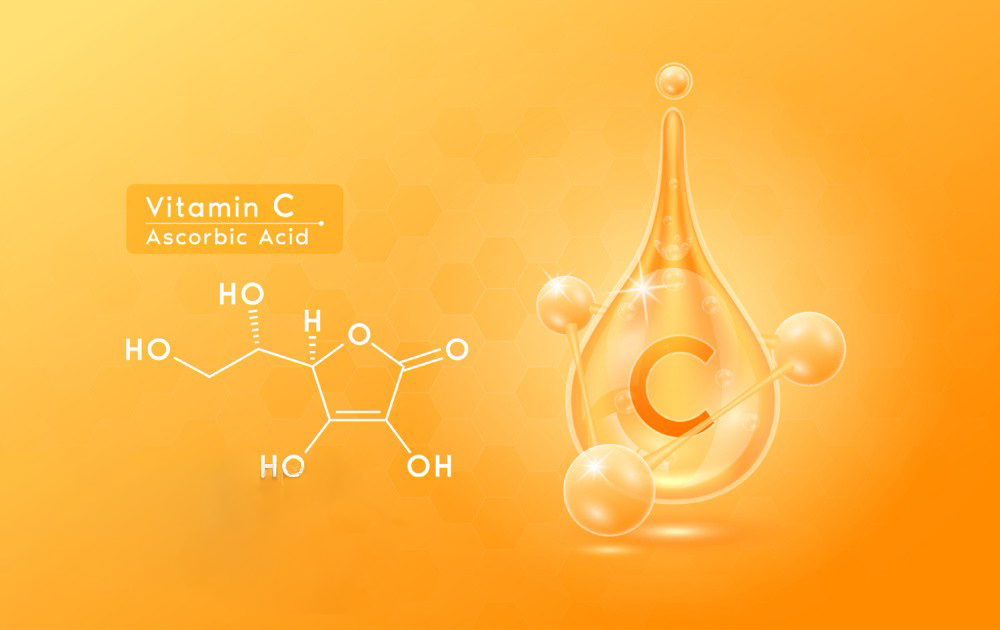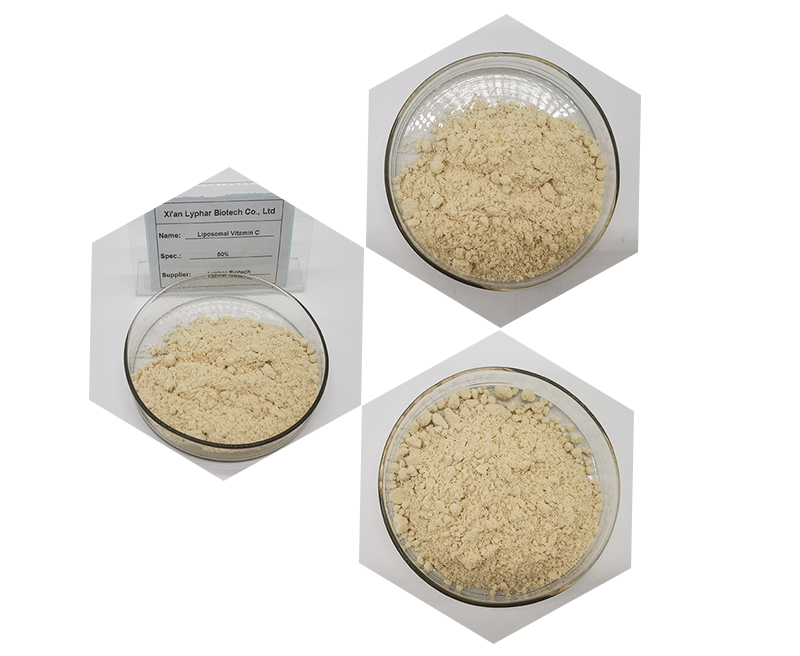Liposomal Vitamin C is a form of vitamin C encapsulated in liposomes (tiny fat-like particles). This allows the vitamin to bypass the digestive system, increasing its absorption and effectiveness in the body. Here’s a breakdown of its effectiveness, side effects, and special precautions:
Effectiveness of Liposomal Vitamin C
- Higher Absorption Rate: Liposomal vitamin C is known for its enhanced absorption compared to regular vitamin C (ascorbic acid). It bypasses the gastrointestinal system, allowing for more direct absorption into the cells.
- Antioxidant Benefits: Like regular vitamin C, it acts as a powerful antioxidant, helping to neutralize free radicals and reduce oxidative stress.
- Supports Immune Function: Vitamin C plays a vital role in boosting the immune system, helping the body fight infections.
- Collagen Production: It helps in collagen synthesis, contributing to healthy skin, joints, and wound healing.
- Improved Bioavailability: Liposomal vitamin C has been shown to have higher bioavailability, meaning the body can use it more effectively, making it potentially more effective for supporting immunity, skin health, and reducing the risk of chronic diseases.

Side Effects of Liposomal Vitamin C
Liposomal vitamin C is generally considered safe, but some side effects may occur, especially in higher doses:
- Gastrointestinal Discomfort: In some cases, high doses of liposomal vitamin C can cause symptoms like nausea, diarrhea, or upset stomach, though these are typically less common than with regular vitamin C.
- Kidney Stones: Excessive intake of vitamin C (above 2000 mg/day) may increase the risk of developing kidney stones, especially in individuals predisposed to this condition.
- Mild Allergic Reactions: Rarely, some individuals may experience allergic reactions to the liposomal delivery system, which could result in rash, itching, or swelling.
Special Precautions of Liposomal Vitamin C
- Pregnancy and Breastfeeding: While vitamin C is essential during pregnancy and breastfeeding, consult a healthcare provider before taking high doses of liposomal vitamin C.
- Kidney Conditions: People with a history of kidney stones or other kidney issues should be cautious with high doses of any form of vitamin C, including liposomal.
- Iron Overload Conditions: Vitamin C can increase iron absorption. People with conditions like hemochromatosis (excessive iron storage) should monitor their intake of vitamin C.
- Medication Interactions: High doses of vitamin C may interact with certain medications, such as blood thinners, chemotherapy drugs, or cholesterol-lowering medications.

General Recommendations
- Dosage: It’s best to follow the dosage instructions provided by a healthcare provider or on the supplement label. The recommended daily allowance (RDA) for vitamin C is typically 75-90 mg for adults, but liposomal forms may be taken in higher amounts due to their increased absorption.
- Consult a Doctor: Before starting any new supplement, especially liposomal vitamin C in high doses, it’s important to consult a healthcare provider, especially if you have pre-existing conditions or are taking other medications.
